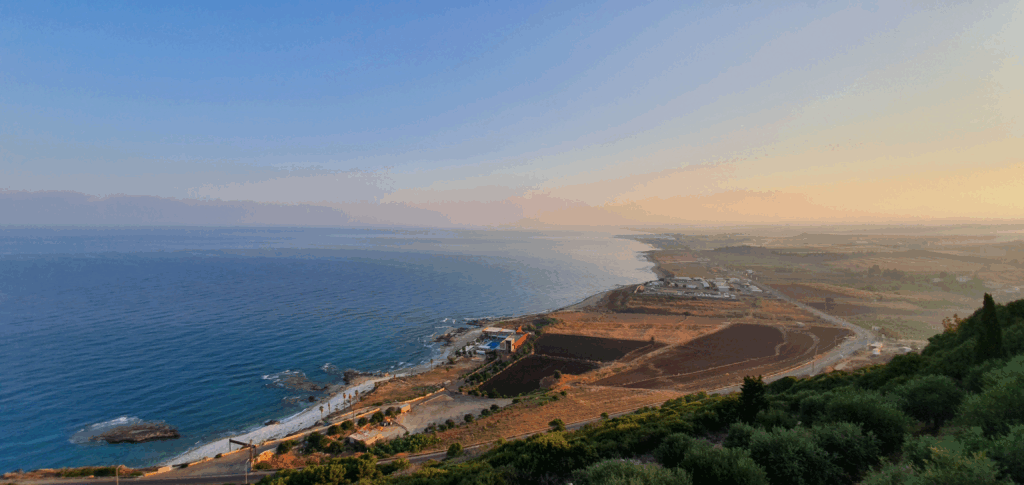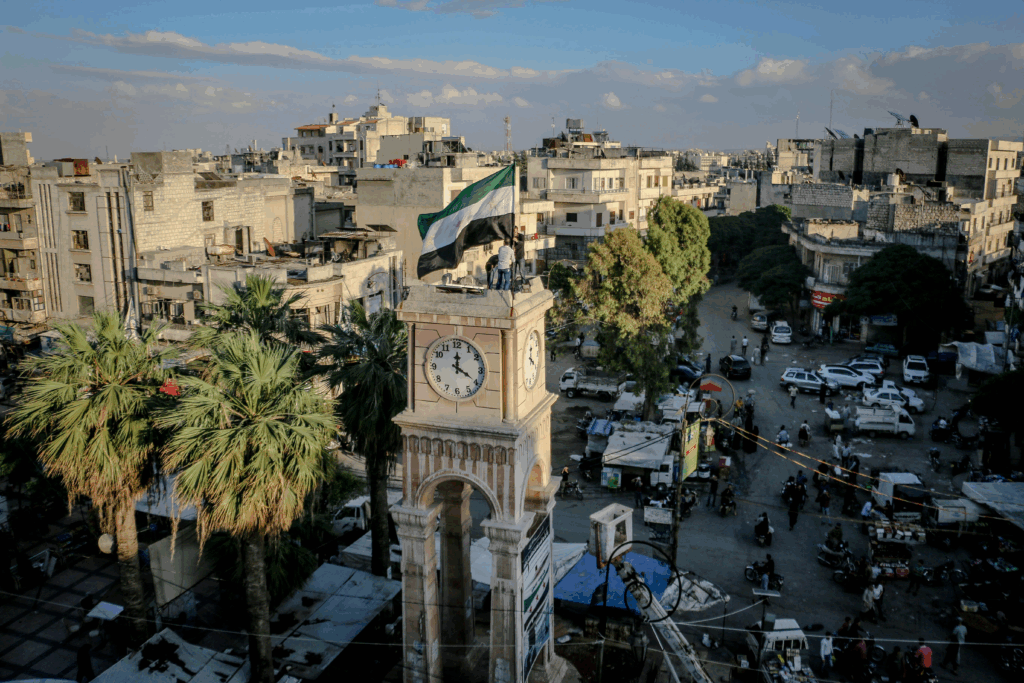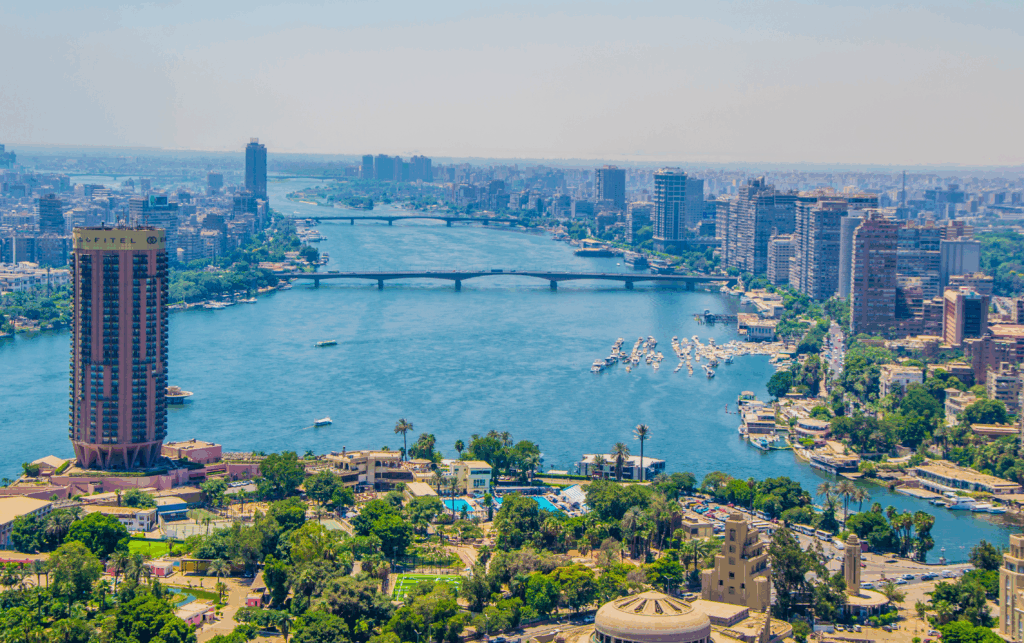This article will identify the region commonly referred to as the Middle East. This area has great historical importance and has a complex culture and a multitude of strategic values.
These nations have varying traditions and economies, from oil-wealthy countries to lands of great historical importance.
Knowing which countries constitute the Middle East will better inform us of the region’s importance to the world and its influence.
What is The Middle East?
The Middle East is a unique area that extends to western Asia and touches some parts of North Africa. Their history is a very rich and unique one and contains a number of different and beautiful cultures.
Depending on the context, Qatar, Kuwait, Bahrain, Oman, Turkey, Egypt, Yemen, and even Palestine are additional countries that are sometimes included.
They also serve a pivotal role in current international affairs. They also encompass some of the oldest cultures in the world, along with the major gas and oil resources.
Which Countries are Considered Part of the Middle East?
The most important Middle Eastern countries are Saudi Arabia, Iran, Iraq, Israel, Jordan, Lebanon, Syria, and the United Arab Emirates.
Iraq
Iraq is often referred to as the “Cradle of Civilizations.” The region is home to the ancient Mesopotamian civilization with some of the first settlements in the world alongside the first forms of writing and rule.
Its capital, Baghdad, is one of the most ancient and rich cities in the world, alongside the marvelous Babylon. Despite the wars and conflicts with politics over the decades, Iraq is still one of the most crutial countries in the Middle East.

Its unique culture, rich artifacts with stories and historical events, is vital to understanding the history of the region. Its natural resources and strategic influence in regional politics make it one of the most important countries in the region.
Lebanon
Lebanon is a beautifully small diverse country. With antiquated ruins and Phoenician settlements, its history is captivating. The country has diverse communities with a rich legacy spanning decades of history.
Lebanon is also home to a variety of religions including Christianity, Islam and Druze. The unique mix of traditions and cultures gives Lebanon its distinguishable Middle Eastern identity.

The capital of Lebanon, Beirut, is a buzzing center for art, commerce and music. Even with the economic and political issues that the country faces, Lebanon remains a hub of regional history and culture.
Syria
Syria stands among the oldest populated areas on the planet, holding within it the ancient cities of Damascus and Aleppo that signify the country’s rich culture and history.
The ancient capital of the world, Damascus, and Aleppo, famous for its ancient citadel, reflect Syrian heritage and culture.

Although the country has gone through years of civil unrest and destruction, its place in the history of the Middle East is still evident. It was once a channel that connected trade, education and civilization with Asia, Africa, and Europe.
The archaeological sites, religious landmarks and age-old exploits of the country suggest its importance to civilization and history and the worth it still adds to the world.
Turkey
Turkey is at the crossroads of Europe and Asia, with most of its territory located in the Anatolian region of Western Asia.
This geography affords unique opportunities as a bridge between the two land masses, with the region having been the center of the Byzantine and the Ottoman Empires.

This provides an intriguing legacy of architecture and culture. Urban centers such as Istanbul display a rich blend of European and Middle Eastern styles and offer a glimpse into the rich history of culture exchanges.
While its inclusion in the Middle East is often contentious, its cultural, political and economic ties to the region are irrefutable, and Turkey is an important actor in its dynamic.
Egypt
Egypt is one of the countries that is considered to be part of the Middle East, even though it is legally located in the northern part of Africa. This is probably since Egypt is an Arab country and has an intricate part in the ste of the region’s politics.
This is also the reason why the country is bordered with Arabic speakers and why Egypt is part of the predominantly Arabic and culturally linked to the world.
The world also has an interest in Egypt due to the many ancient civilizations that Egypt has, for example the pyramids and the pharaohs, in addition to the very old and stylish pieces of architecture.

Egypt holds even more value to the world due to it being positioned right near the Suez Canal. The Suez Canal is of major economic and geopolitical significance, thus adding to the value of Egypt.
Egypt is also considered to be the center for trade, culture and learning in the middle east due to the very rich legacy that it has.
Why is the Middle East important globally?
The Middle East is located at the intersection of three continents – Europe, Asia, and Africa. This region also has abundant oil and gas reserves which gives it a stronghold on the global energy market.
Economically, the region is important, not to mention, it is also important politically, religiously, and culturally. Most of the world’s principal trade routes pass through this region.
The different cultures and ancient civilizations along with it’s geopolitical importance make the region very relevant. Anyone who wishes to understand global relations must understand the Middle East.
Cocnlsuion
To Summarize For now, The Middle East, which encompasses Saudi Arabia, Iran, Iraq, Israel, Jordan, Lebanon, Syria, the UAE, Qatar, Kuwait, Bahrain, Oman, Turkey, Egypt, Yemen, and Palestine, is a remarkably diverse area and rich in history.
The countries have a unique blend of culture, history, and economy which gives the region great significance in world politics, trade, energy, and cultural heritage. Its influence is undeniable.
FAQ
Which countries are in the Middle East?
Key countries include Saudi Arabia, Iran, Iraq, Israel, Jordan, Lebanon, Syria, UAE, Qatar, Kuwait, Bahrain, Oman, Turkey, Egypt, Yemen, and Palestine.
Are Turkey and Egypt part of the Middle East?
Yes, due to their cultural, historical, and political connections to the region.
Which countries are richest in oil?
Saudi Arabia, UAE, Kuwait, Qatar, and Iraq are major oil producers in the Middle East.
What is the Middle East?
A region spanning Western Asia and parts of North Africa, known for its history, culture, and strategic importance.
Why is the Middle East important?
It has strategic location, oil and gas resources, rich culture, and influence in global politics, trade, and religion.
